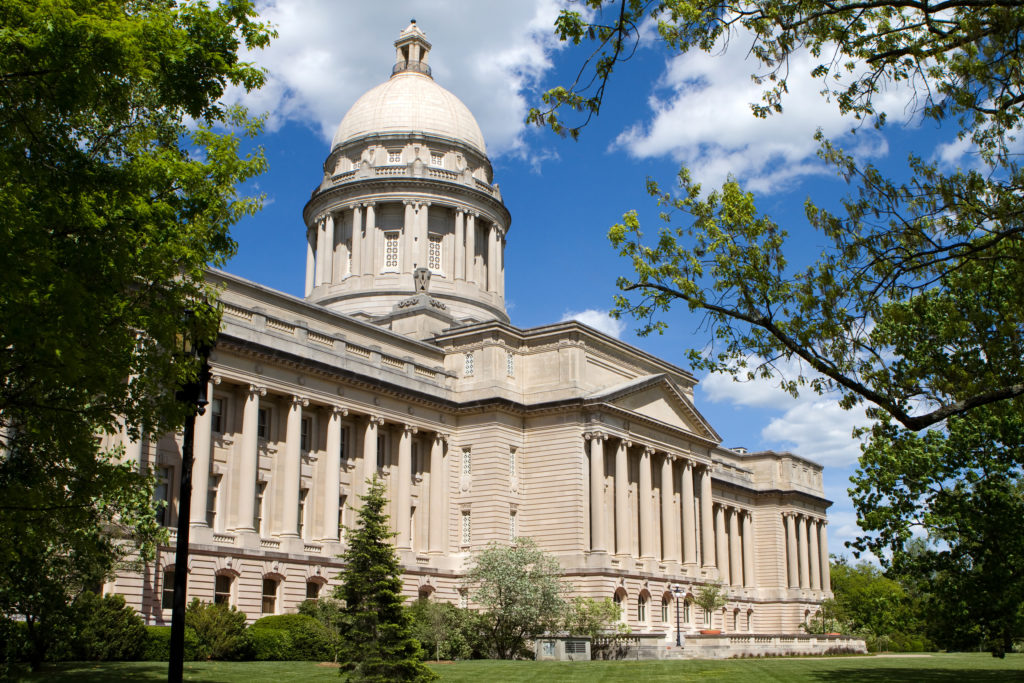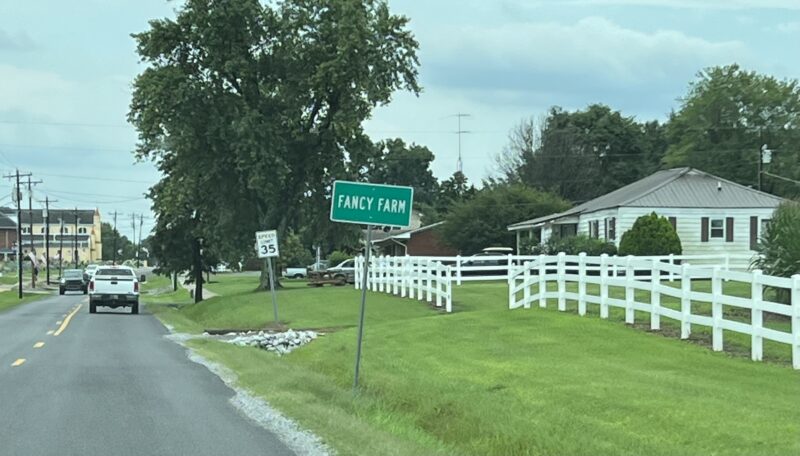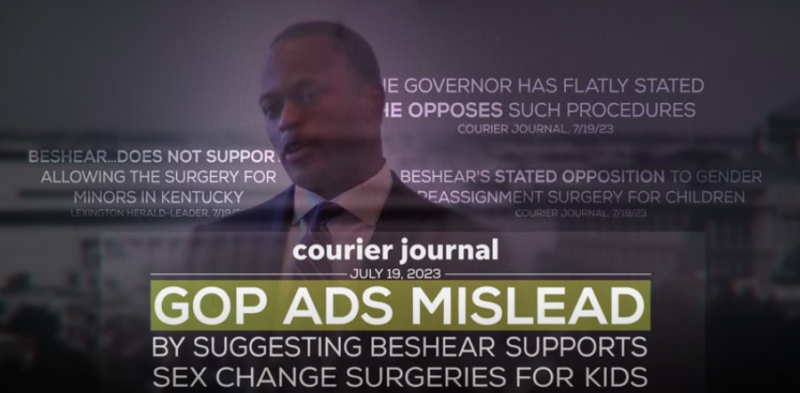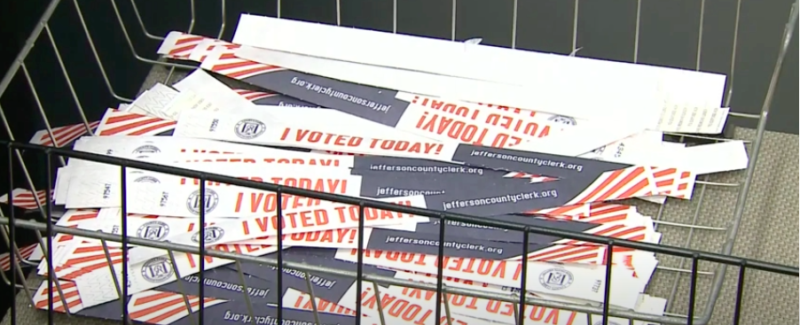Op-Ed from T.J. Hensley
This Midterm election cycle will likely be recorded with an asterisk in the history books. A poor midterm performance for the party which occupies the White House is the general rule of thumb in American politics, with the President’s party often suffering an average loss of almost thirty seats in the House of Representatives alone. By that standard, the national Democratic Party had a very good midterm year. At the time of writing, the final number of seats controlled by each party is unknown, but it looks like the Democrats avoided another “shellacking” as former President Obama described the Party’s performance in the 2010 House races. They will maintain control of the U.S. Senate and have made impressive gains in swing states across the Midwest and the Sunbelt.
The same cannot be said for Kentucky Democrats. Out of the one-hundred seats in the State House, the Democrats fielded a candidate in only fifty-seven of those races, meaning that in nearly half of the state House elections, there was no Democrat to vote for at all. Where Democrats were on the ballot, the Republicans prevailed in thirty-seven of those fifty-seven races; this included defeating four seasoned Democratic incumbents. For some, this result was not a surprise. Kentucky has been trending more Republican in recent years, with former President Trump winning the state by 30 points in 2016, and by 26 points in 2020. Coupled with an unpopular Democratic President occupying the White House, arguably driving up Republican turnout, these results for Democrats in Kentucky may not be all that surprising; nevertheless, if the party wants to reestablish its clout in Kentucky politics, I think a new strategy is needed, one that has proven effective for Democrats time and time again.
When Franklin Delano Roosevelt accepted the Democratic nomination for President in 1932, he promised “a New Deal for the American people.” Taking charge of a country in the throes of severe economic depression and social upheaval, Roosevelt sought to provide that most basic, but most useful of remedies: hope for a better day. Through his domestic agenda, Roosevelt did just that. The New Deal involved everything from laws establishing a minimum wage and maximum hours, pro-union legislation, environmental conservation, the building of tens-of-thousands of roads, schools, and other public buildings, even federal programs sponsoring the arts. All-told, the New Deal involved good government, doing good things for citizens. It led to an economic boom and gave birth to a large and prosperous middle-class.
For communities across Appalachia and other rural areas (especially in Kentucky), Roosevelt and the New Deal were the difference between life and death. It led to the creation of a political coalition which delivered for Democrats for the next half-century, and if you grew up in eastern Kentucky as I did, when you heard your mamaw and papaw talk politics, they may have spoken of the Democrats as “the party of working people” or something to that effect. For all of this, thank Franklin Roosevelt and the New Deal.
But the legacy of Franklin Roosevelt and the New Deal are not the center of political discussion in Kentucky that they should be. This represents the best, and I think the only opportunity for the Kentucky Democratic Party to achieve the kind of support, and the kind of success that it needs to be a serious contender in state politics.
A strategy like this doesn’t have to be complex, and it shouldn’t be. What the New Deal meant in the 30s is the same meaning it carries today: good government meeting the needs of everyday people. In Kentucky, this would translate to substantive investments in healthcare to cover the more than three-million people in Kentucky with no healthcare. Public works programs to conserve natural landscapes, to build hospitals and other public spaces in underserved rural areas. Pro-labor legislation to scrap Kentucky’s disastrous “Right to Work” law, which would raise wages in the state significantly. Programs to fund and preserve Kentucky’s unique cultural and artistic identity as exemplified through arts such as bluegrass music or quilting. These programs and others like them would tangibly benefit everyday people in Kentucky through providing crucial services and resources to communities and people who have long been underserved and feel that they are forgotten as a result. The possibility for other ideas in this mold is indeed endless, and so is the potential for the Kentucky Democratic Party (KDP) to reap the political benefit, but most importantly, to make peoples’ lives better.
To be clear, I am definitely not the first person to suggest that the KDP take this route, nor am I the only one doing so. The centerpiece of Charles Booker’s Senate campaign was what he calls “a Kentucky New Deal”, characterized by much of the same policies which I have laid out here: universal basic income, universal single-payer healthcare, strengthening local family farms, fully funding medical and other benefits for Kentucky coal miners. Like Roosevelt’s New Deal, these policies are what matter to working people across Kentucky, from all corners of the Commonwealth and from all backgrounds.
And lest anyone rebut that Booker’s loss in the Senate race against Rand Paul proves that this “Kentucky New Deal” does not have the popular appeal that can translate into electoral success, it should not be forgotten that Booker faced an opponent with substantial corporate and out-of-state backing and a near $20 million fundraising advantage, all while receiving no attention from the Senate Campaign arm of the Democratic Party. Booker had a winning message, but not the necessary financial support to overcome a well-funded opponent in a Republican leaning year. Moreover, it should not be forgotten that, if you look at the total number of registered voters in Kentucky, Rand Paul was supported by only 25 percent of them this year, meaning he does not have a mandate of support from Kentuckians.
There are still a lot of unanswered questions surrounding this program, and I do not have all the answers. But another hallmark of the New Deal is that it was, at least in part, the result of experimentation. Roosevelt was famous for looking at the national need, taking advice from his cabinet, and somewhat improvising solutions to meet those needs. The method can be decided on later, but the fact remains that, if Kentucky Democrats wish to reestablish themselves in Kentucky politics so as to have a larger influence on public policy in the Commonwealth, they should listen to Charles Booker, and they should listen to Franklin Roosevelt, and pledge themselves to a New Deal for the people of Kentucky.
T.J. Hensley is a senior at Georgetown College in Kentucky, where he is studying Political Science and Philosophy. His opinions are his own. He is the host of the Appalachian Firesides Podcast on Apple and Spotify, in which he discusses subjects related to the politics, culture, and history of Appalachia.

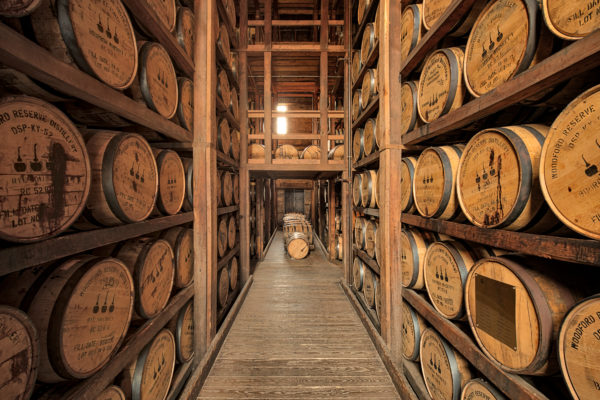

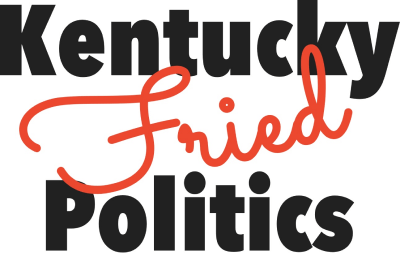
 Login
Login  Must include at least 8 charaters
Must include at least 8 charaters